Troubleshooting Sensitivity Issues (HPLC-UV)
This learning path on troubleshooting HPLC-UV sensitivity issues covers detector principles, baseline noise, drift, and signal-to-noise optimization. It includes troubleshooting lamp intensity, flow cell contamination, mobile phase impurities, and column degradation. Practical strategies focus on method adjustments, system maintenance, and eliminating ghost peaks for reliable, high-sensitivity analysis.
1 Module 3 Webcasts 1 Quick Guide
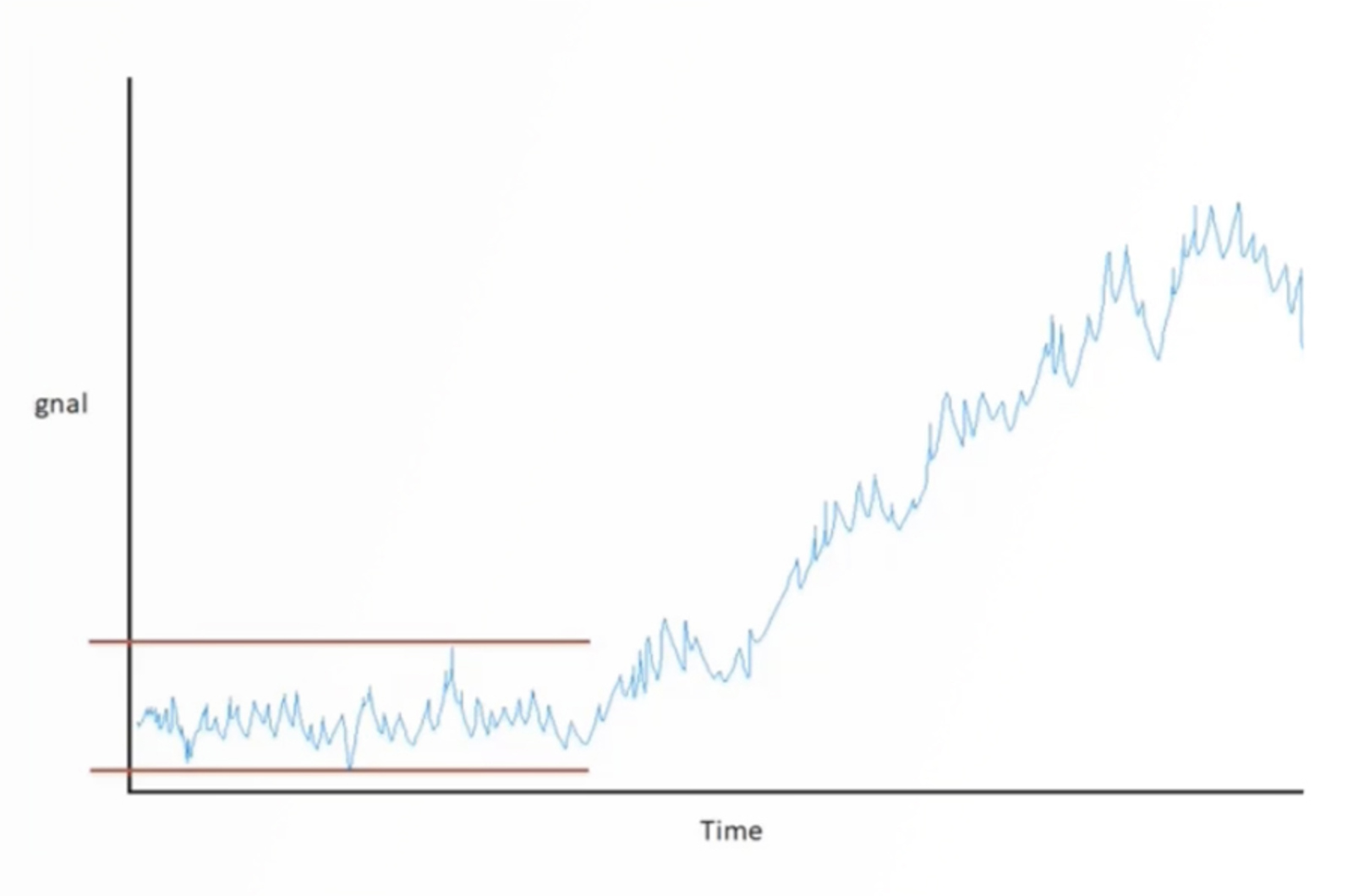
5 Items

Troubleshooting Sensitivity Issues (HPLC-UV)
This webcast discusses the impact of sensitivity on HPLC-UV methods. We will discuss what sensitivity is, how we measure it, how it is achieved, and some of the problems that result in issues with sensitivity.
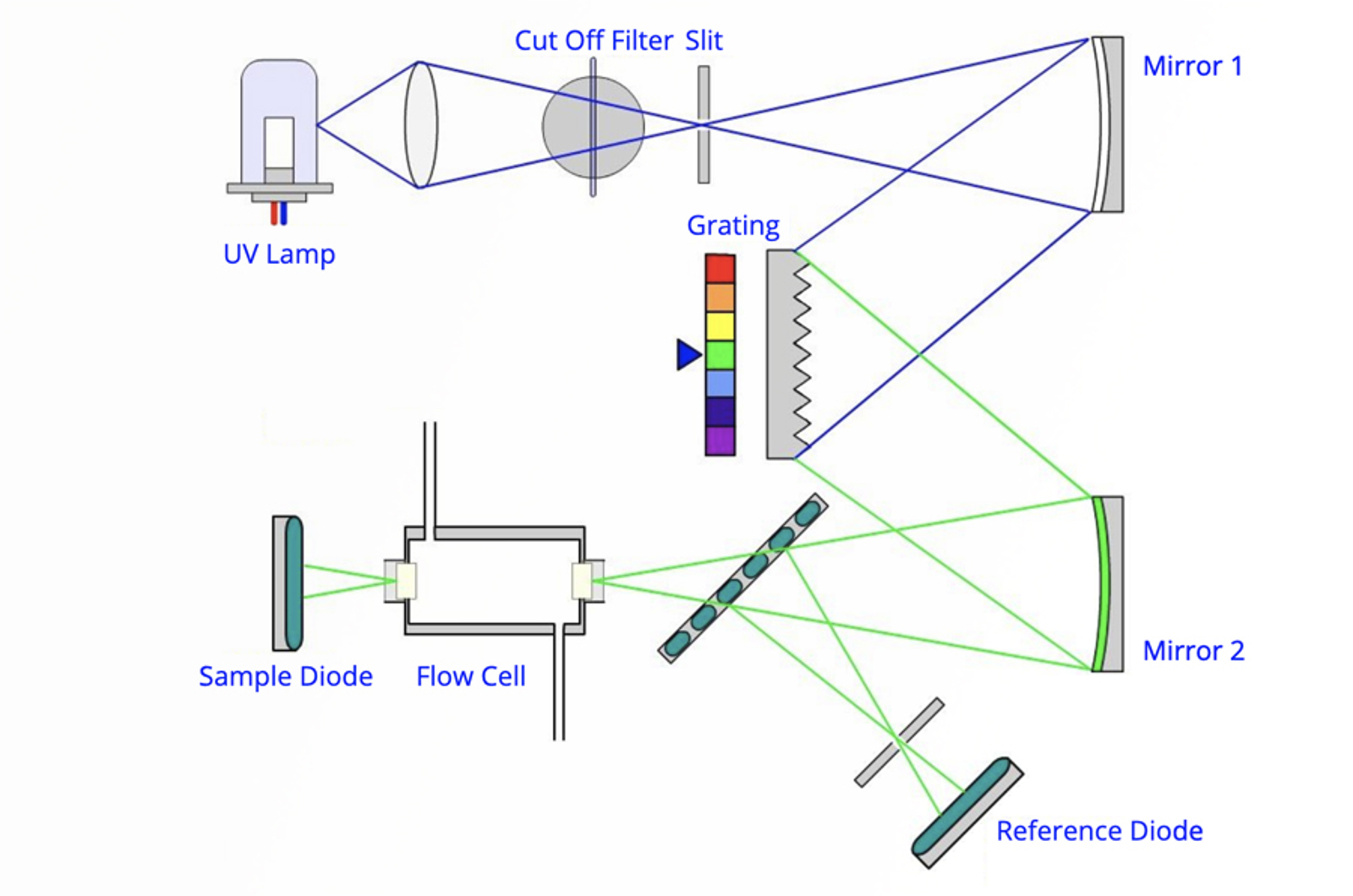
HPLC Detectors
The aim of this module is to describe the purpose and general operating principles of detectors for HPLC. The general terms and concepts by which detector operation and performance are outlined. Specific operating principles of a range detectors for HPLC are covered, including UV-visible, refractive index, and fluorescence detectors.
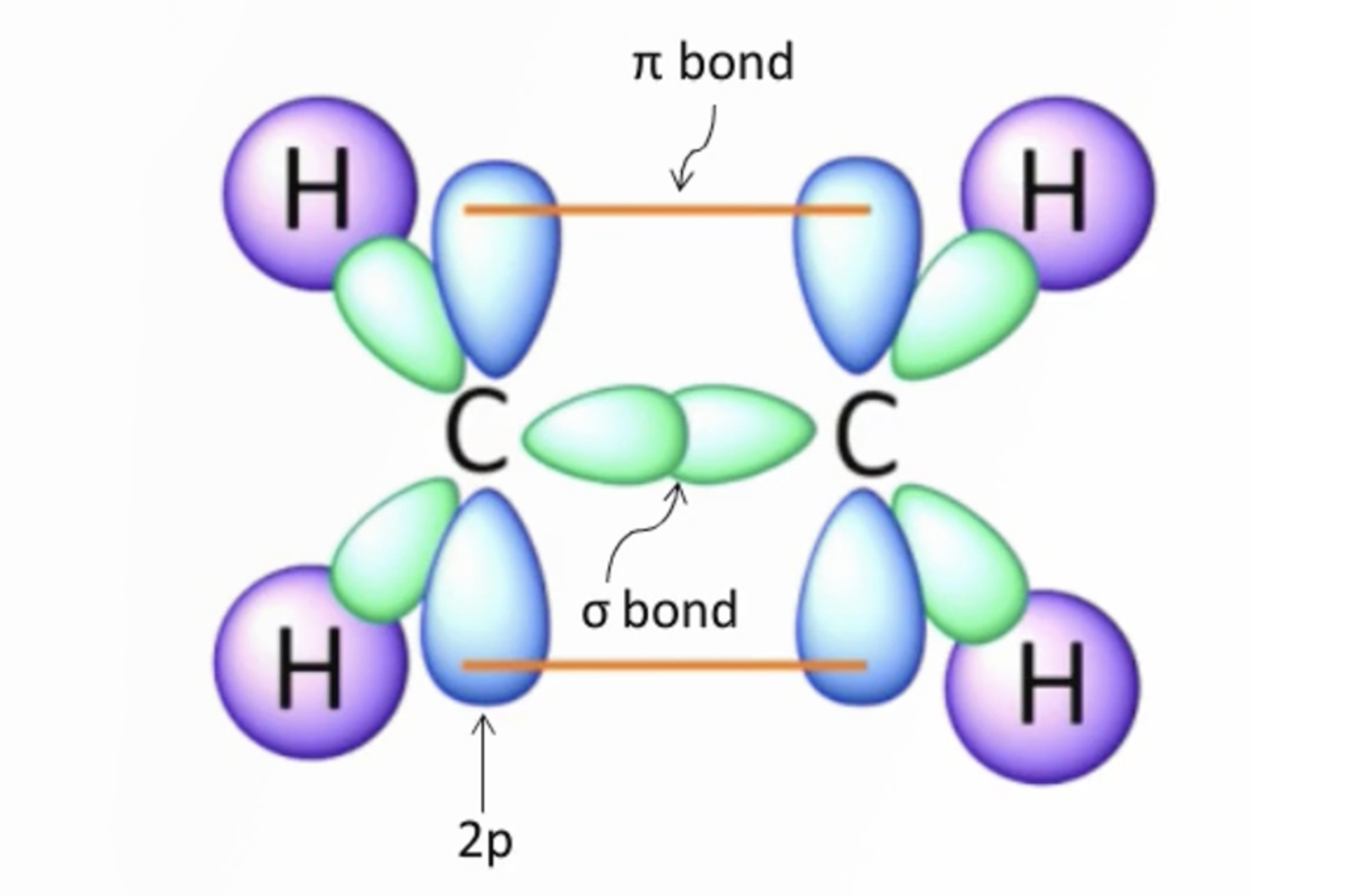
Everything You Need to Know About UV Detectors for HPLC
Get more from your UV detector by understanding how it works. The fundamental science behind UV detection and the working principles of this versatile detector will be discussed in detail. Optimization strategies for key parameters will be covered in order to provide you with the tools to correctly set up your detector to provide the optimum performance for your analytical requirements.
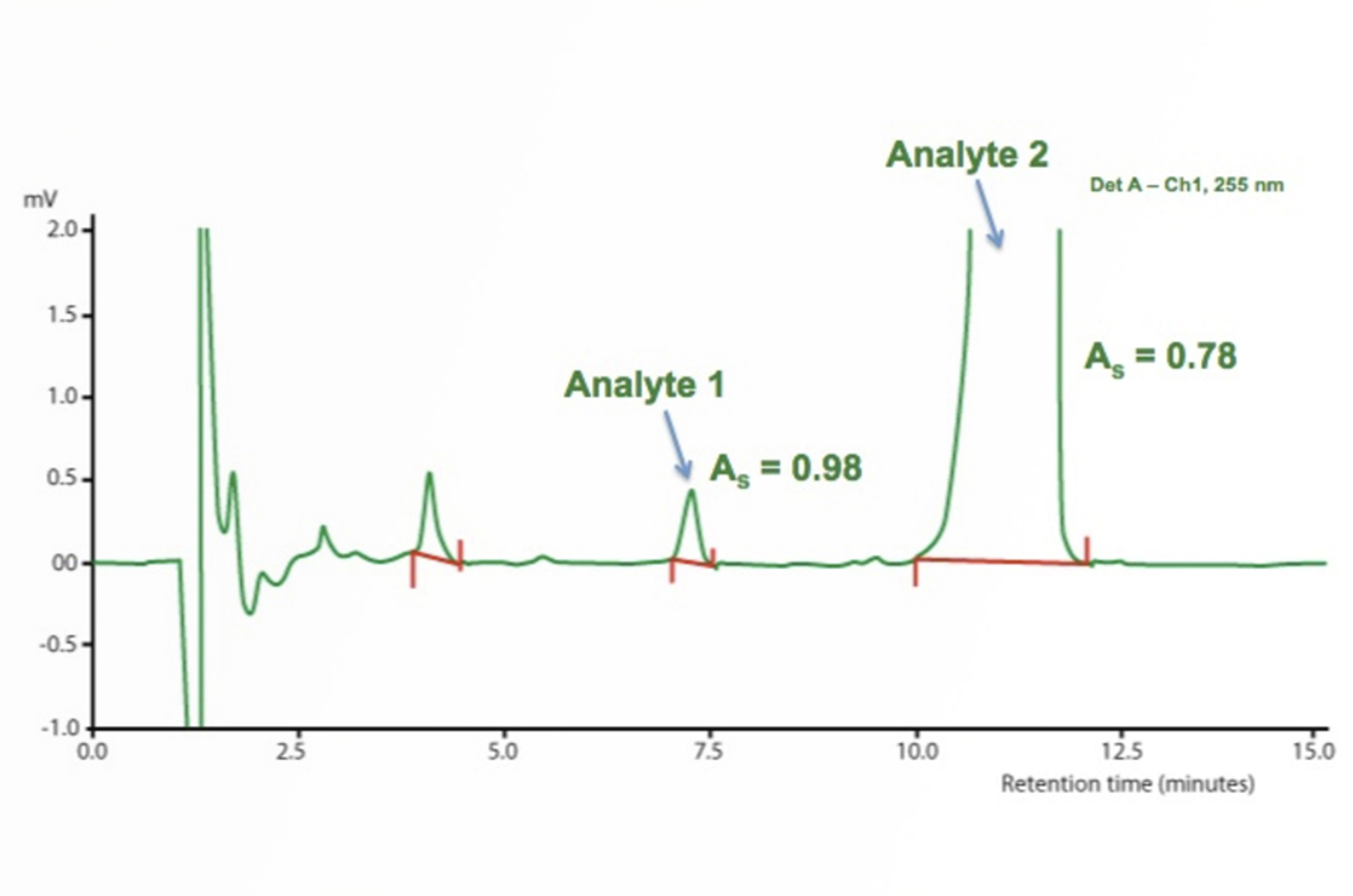
HPLC Troubleshooting Guide to Peak Fronting and Poor Sensitivity
Using a real world problem this quick guide will show you how to recognize the problem of peak fronting and the steps which should be taken during troubleshooting.
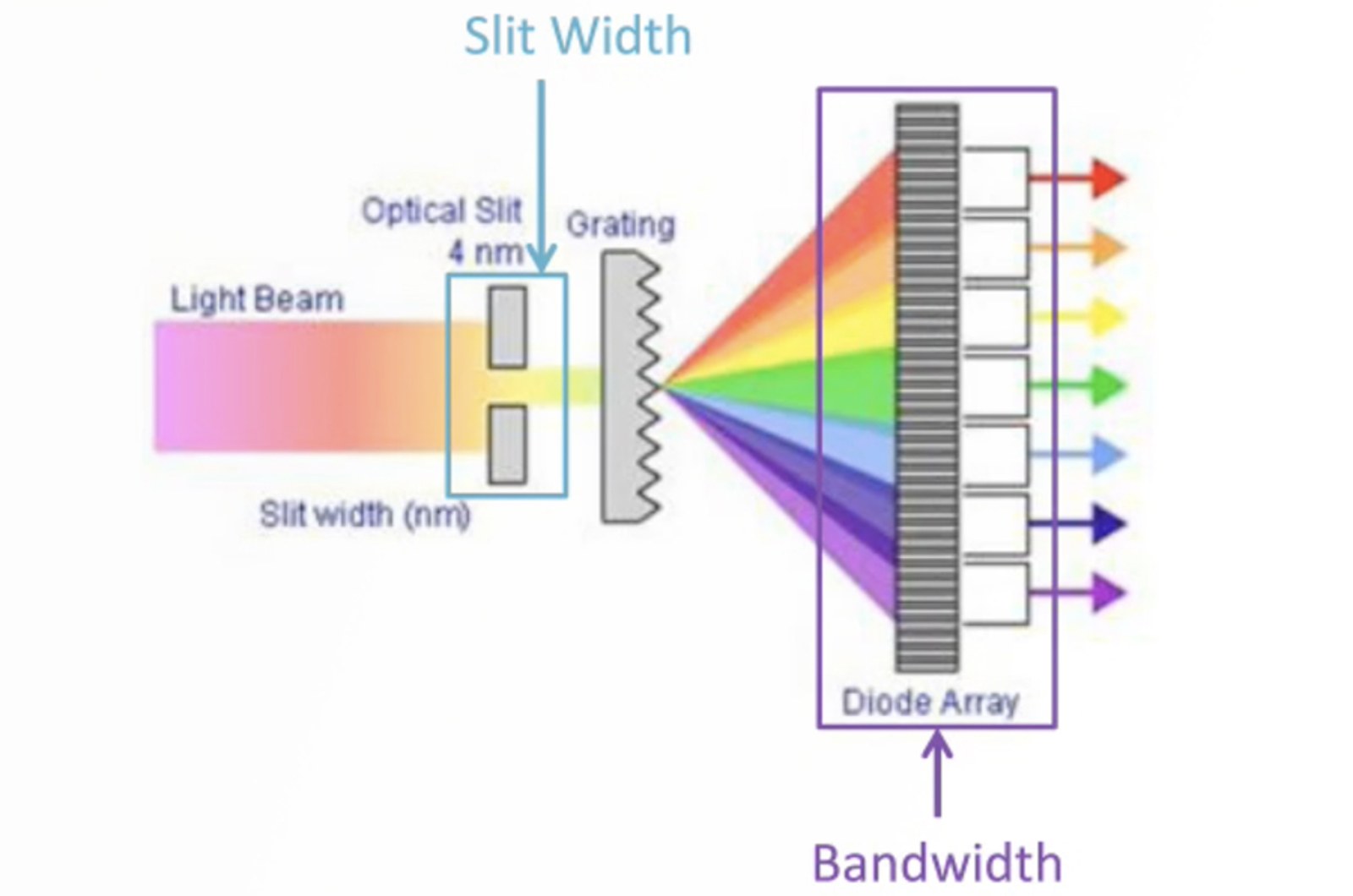
Everything You Should Know About UV Detection for HPLC
Key information on the instrumentation and the use and optimization of UV detectors for modern HPLC applications will be discussed. Important practical concepts will be explored and the optimization of each acquisition variable will be explained in detail in terms of both the instrumentation and chromatographic data sensitivity and specificity. Aspects of modern HPLC instrument design will be explored and related to improve chromatographic performance.
